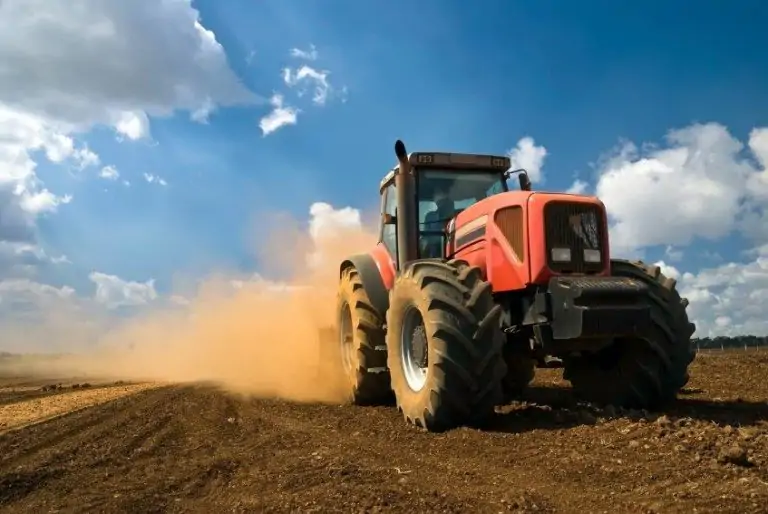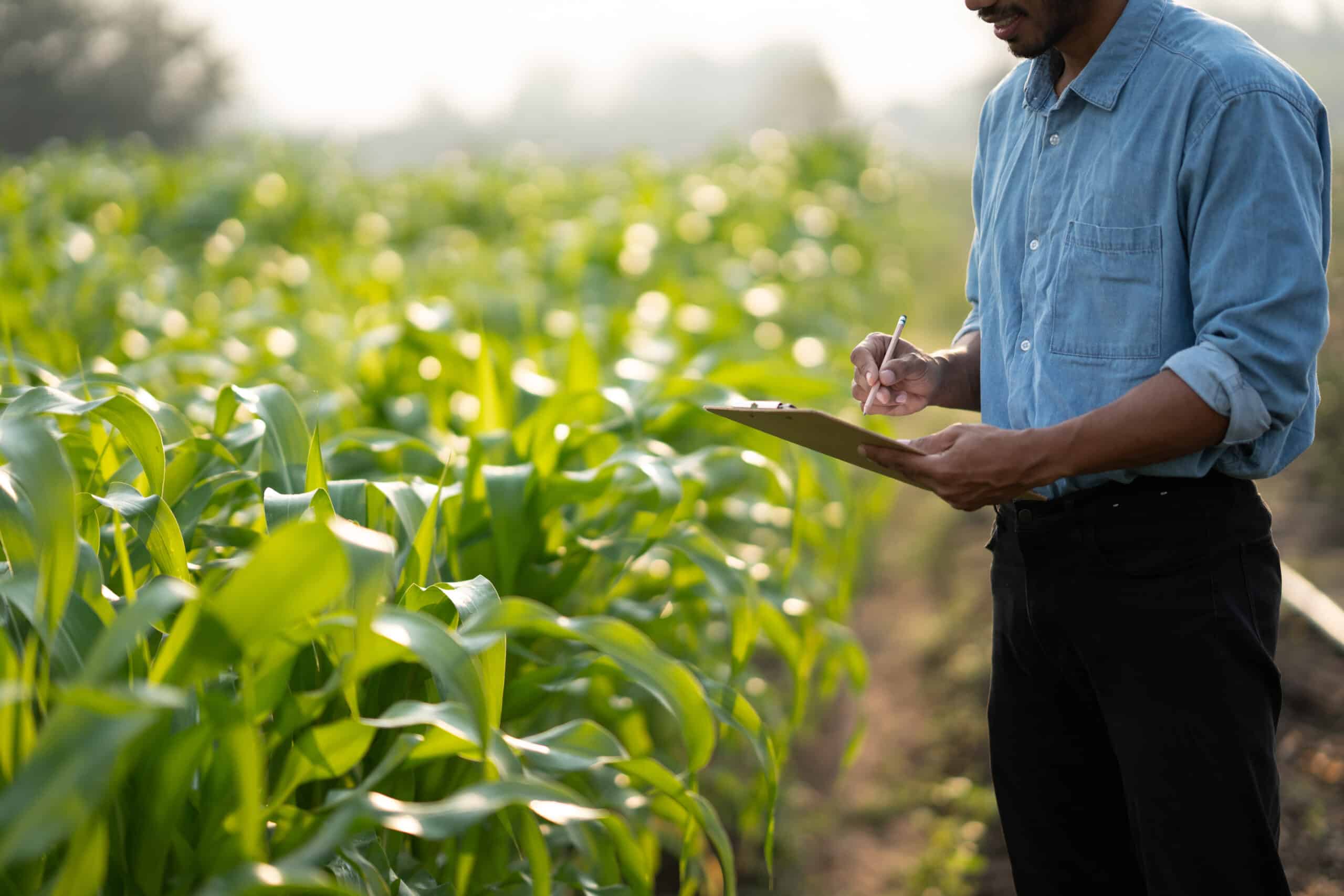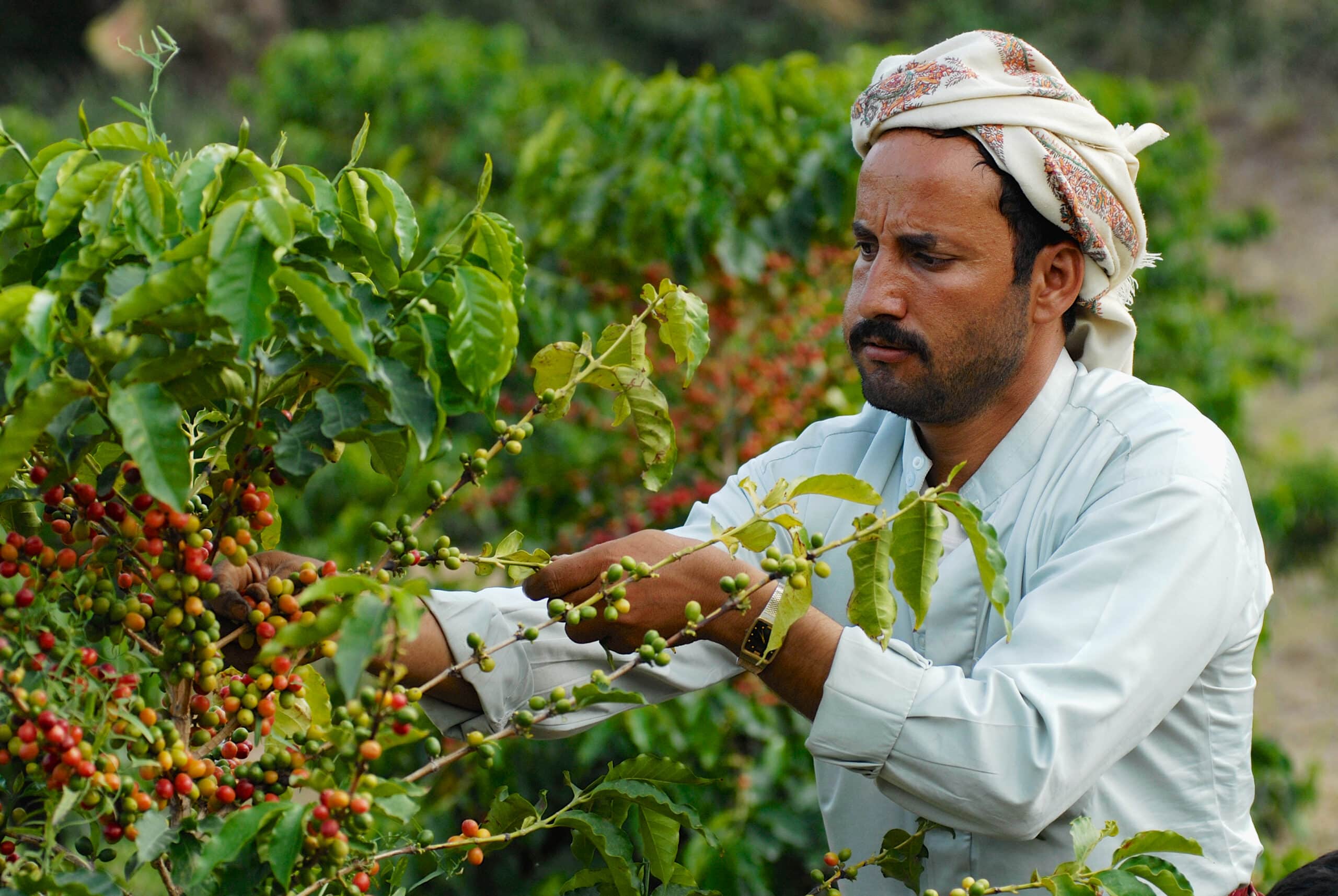The difficulty for African agribusinesses in gaining access to the credit that can transform their sector, is long understood. A recent FAO report found over 90% of sub-Saharan Africa’s 48 million smallholder farmers lack access to formal credit. Although agriculture accounts for around 65% of employment and 32% of GDP, less than 6% of commercial loan recipients are smallholder farmers.
Yet genuine efforts to tackle the issue have been stymied, and progress on the continent has been in a perpetual holding pattern. The pandemic may well be the agent for change, but stakeholders are also realising their own proactive approach is essential.
Centre to that proactive thinking is the ability to see what can be changed, rather than wishing for better circumstances. Two areas of focus centre on firstly how vulnerable African nations are to inclement weather, and secondly a lack of data around local African agribusinesses, farming activities and that link to creditworthiness.
Promising relationship with solar power
Great strides are being made in solar and decentralised energy technologies, which if deployed at scale can finally see Africa realise its potential. As it stands many SSA nations are still reliant on unsustainable wood energy and unable to counter the effects of negative weather patterns.
Integrating solar power with agricultural enterprises can reduce demand for wood energy while creating low carbon economies, something highly valued in developed world trading partners.
Solar power is beyond the reach of many farmers, despite the output and productivity it promises if the finance is made available.
The technology is proven enough for certain investors to supply funding vehicles, but it is very much in a prolonged early phase. What must change in the global mindset to create a more lasting outcome?
Future proofing against pandemics and other shocks
The virus is concentrating minds on the continent. While fatalities from the pandemic are relatively low compared to the rest of the world, the economic impact is being felt, key economic indicators have reversed and almost 40 million people have slipped below the poverty line.
The failure to tap into its agriculture resources is stark when you consider data coming from the World Bank and Food and Agriculture Organisation. For example, Africa’s Guinea savanna alone has twice the land available for wheat production worldwide but only 10% percent of it is currently farmed.
96% of smallholder farmers in Africa depend on rain-fed agriculture so despite potential abundance, yields trail the world average by 50%. These farmers are the largest group of people living in poverty.
Dependency on erratic rainfall meant SSA countries have instead become net food importers. According to the AfDB, Africa spent $64.5 billion importing food, and this is projected to rise to over $110 billion by 2025, should there be no interventions.
These commodities, which can be produced on the continent, include rice, beef, soybeans, sugar and wheat, among others.
Genuine investment in technologies like solar water pumps for irrigation, biogas technologies and agrophotovoltaic (or APV) projects can change the story.
Adding in decentralised energy to the mix can, in time, be another reassuring aspect for the investment community.
Positive developments for agribusinesses gaining credit access
The benefits of applying the right African agribusiness funding are already being felt in some areas where backing has been forthcoming.
Due largely to green energy investment, South African maize production in 2020 is projected to be over 30% higher than in previous years, according to African Business Magazine.
There are other key areas of strategic investment required to build a better picture. This includes better cold chain technology to minimise post-harvest losses.
One company showing the way is InspiraFarms. They have developed off-grid hybrid solutions including solar kits and grid connection which they use to bring the cold chain into the first mile of distribution, particularly close to production points.
Meanwhile companies like FarmDrive, a Kenyan-based social start-up, are endeavouring to address the data issues that deter investment.
Their mobile platform aggregates and analyses farmer information such as productivity, expenses and revenues. This information is made accessible to financial institutions in order for them to assess risk and develop loans.
If one good thing comes out of the tragedy of the global pandemic, maybe it can be the freeing up of credit to engage these technologies, in turn transforming Africa’s agribusiness fortunes.
Empowering African agribusiness
The African agribusiness industry holds extremely high growth potential, however extensive investment and capital is required to empower the continent and help it realise its potential. At Farrelly Mitchell, we are committed to supporting public and private investors making long-term investments in African agricultural development.
We believe that by investing in more modernised, industrialised, and technology-driven solutions, investors can build long-term environmental and economic resilience in Africa and reap the commercial benefits of increased productivity. We provide actionable advice on the most effective tools and strategies for African development, including green finance, clean energy, rural development, and regenerative agriculture.
To see our full range of services and learn more about our developmental experience throughout Africa, get in touch with our team today.














